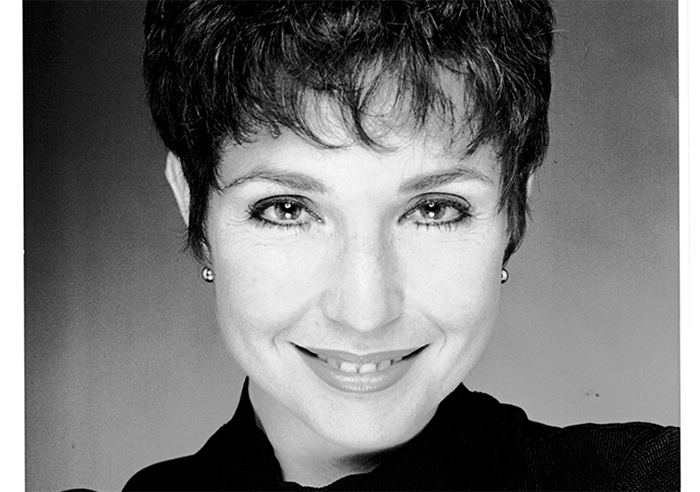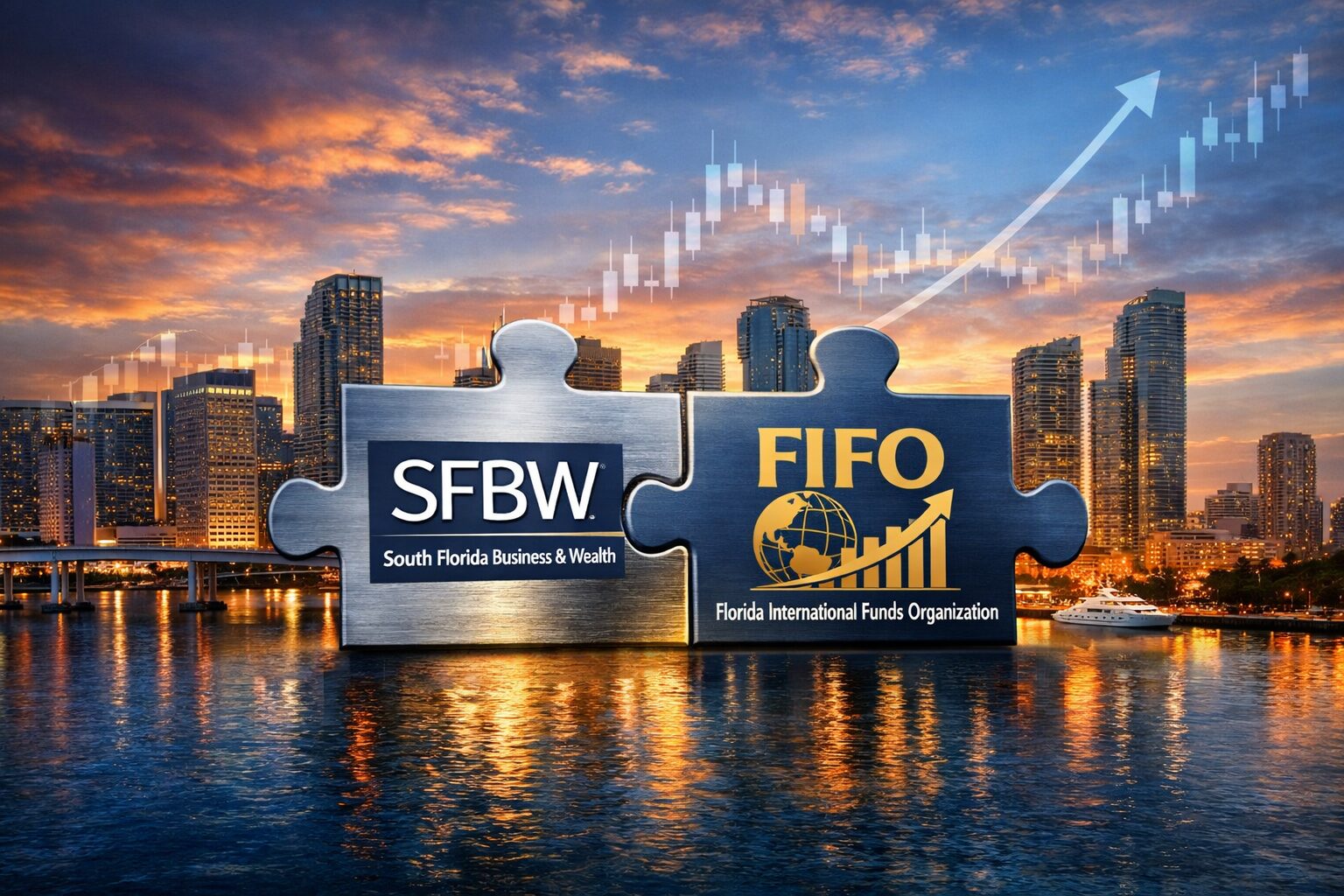Having control is one of our greatest illusions, especially when it comes to our work-life balance. Balance suggests that we can attain equanimity, mental calmness and composure in both our personal and professional lives at the same time; but life usually interferes with our plans.
So, it’s not surprising that when individuals were asked if they were regularly distracted with thoughts about work when at home – or about home when at work – over 60 percent said that this was an ongoing challenge and a common source of stress. Whether it is an immediate or urgent issue, past fears or future worries, individuals often complain of not being fully present in either sphere.
During a recent mindfulness meditation training workshop, Diana, a successful real estate agent, noted that she often felt drained from the constant demands of her busy schedule, and felt guilty, out of control and distracted at both work and at home. “I often felt like I was mindlessly moving through time, going through the motions and missing out on joy,” she says.
During the workshop, Diana learned to reduce stress in the moment and redirect her attention to the task at hand. This enabled her to enjoy being with her clients and also with her family. Additionally, she noted that her focus, productivity and motivation increased because she was fully present in each area of her life.
Overall, participants who practiced mindfulness noticed a significant drop in their professional and personal distractions, and found that by paying attention to what’s going on around them, they were happier and performed better.
Ultimately, mindfulness training allows us to manage our thoughts and to be more flexible. When we are calm, we can respond more effectively and thoughtfully. “I am now fully engaged with both my kids and my clients, which is more satisfying and effective for me,” Diana says. “By learning to stop and have focused intention, I have a better chance of being my best self.”
A flexible attitude is central to our well-being. By cultivating inner awareness and learning to manage our thoughts and expectations, mindfulness provides a valuable perspective on control. As we practice, we learn that we can best control our reactions by being present and thoughtful, and then allowing our personal and professional lives to unfold. We are then better able to joyfully and compassionately balance all areas of our lives. ?
Linda Janasz is a coach, researcher, journalist, Emmy winner and RYT 200 yoga instructor and holds a Ph.D. She created and teaches Mindfulness, Meditation and Movement (MMM) training that has helped hundreds of people find balance, meaning and success in an unbalanced world. Visit mindmedmove.com for more information.














